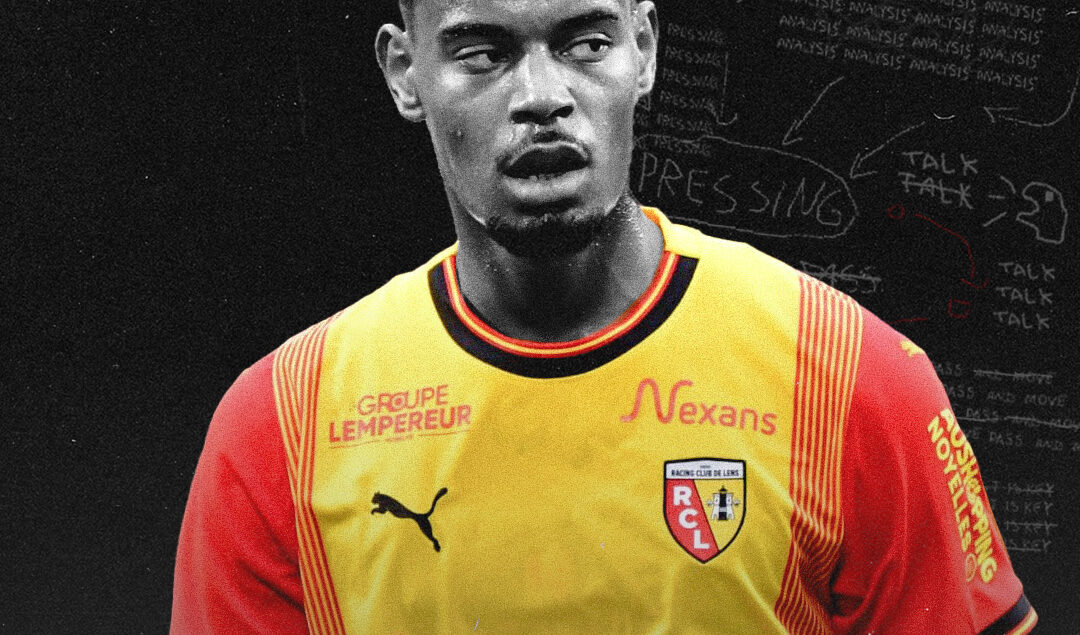Reading the Game: What Football Can Teach Us About Strategic Decision-Making
Football, at its core, is a game of strategy — a constant balancing act between risk and reward, patience and aggression, intuition and analysis. While fans often remember the goals, the real magic lies in the tactical thinking behind every pass, every press, and every substitution. Much like in other strategic fields, success in football depends on reading the game — not just playing it.
The Art of Anticipation
Top managers and players share one crucial skill: anticipation. They don’t just react to what’s happening; they predict what’s about to unfold. Think of midfield generals like Toni Kroos or Luka Modrić — they seem to play the game one step ahead of everyone else. Their awareness, positioning, and timing come from studying patterns, understanding tempo, and interpreting the subtle cues that others miss.
This same mindset applies far beyond the pitch. Whether you’re analyzing team tactics or making real-time decisions in fast-moving environments, the ability to anticipate and adapt separates the good from the great.
Data, Patterns, and the New Age of Analysis
Modern football is defined by data. Analysts dissect everything from expected goals (xG) to pressing efficiency, defensive shape, and transition speed. Clubs now employ data scientists alongside traditional scouts to find marginal gains — the slight edge that could mean the difference between victory and defeat.
But data alone isn’t enough. The human element — interpretation and decision-making — remains vital. A coach can be armed with the most detailed analytics, but without the intuition to apply them correctly, numbers remain just numbers. Similarly, traders in financial markets rely on data-driven insights to interpret trends and make informed calls, blending analysis with instinct. Understanding when to take calculated risks mirrors the kind of tactical decision-making managers face during a tense match.
That’s where resources that help you learn to trade signals become valuable. Just as football analysts decode match data to forecast outcomes, traders use signals to read market movements and time their actions strategically. Both worlds reward those who can blend technical understanding with real-world experience — and act decisively when the opportunity arises.
Decision-Making Under Pressure
Footballers and coaches constantly make high-stakes decisions in real time. A striker must decide whether to shoot or pass in a split second. A manager must choose between holding the line or chasing a late winner. In both cases, timing and confidence are everything.
Consider how Pep Guardiola’s tactical innovations often push the boundaries of conventional play. His systems demand players to trust in collective patterns — sometimes taking bold risks that seem counterintuitive until they pay off spectacularly. This willingness to trust in preparation and pattern recognition is a principle shared by successful strategists across disciplines.
Decision-making under pressure also highlights the role of emotional control. The best players maintain composure even when the game gets chaotic. Similarly, in any field requiring quick judgment, mastering emotions is as important as mastering technique. Rash choices rarely lead to consistent success — calm analysis does.
Learning from Mistakes: The Importance of Adaptation
Even the most successful managers experience tactical failures. What separates them is their ability to learn, adjust, and come back stronger. After all, Sir Alex Ferguson’s Manchester United teams evolved constantly — adapting formations, signing players with new skill sets, and embracing analytics long before it became mainstream.
Adaptability is also crucial in markets, where external conditions shift unpredictably. The ability to revise strategies, test new approaches, and accept short-term setbacks in pursuit of long-term goals is the mark of a resilient mindset. In football terms, it’s like reshaping your defensive structure mid-season — not a sign of weakness, but of intelligence.
Patterns, Patience, and Precision
If football teaches us anything about strategy, it’s that consistency matters. Every great team — from Guardiola’s Barcelona to Klopp’s Liverpool — mastered their system through repetition and refinement. Players train not just to react, but to make the right decisions automatically, developing muscle memory for complex tactical scenarios.
Similarly, in analytical disciplines like trading or performance coaching, success rarely comes from sudden inspiration. It comes from building processes, recognizing patterns, and executing with discipline. Patience and precision are what transform preparation into performance.
The Universal Language of Strategy
Whether it’s a Champions League knockout match or a fast-paced market movement, the core principles remain the same: analyze the environment, anticipate changes, and act decisively when the moment comes. Football, in its strategic depth, offers a perfect metaphor for any system that rewards foresight and composure.
In the end, reading the game — in football or in life — is about understanding that every decision carries weight. The most successful thinkers aren’t those who act fastest, but those who see the field clearly before making their move.
